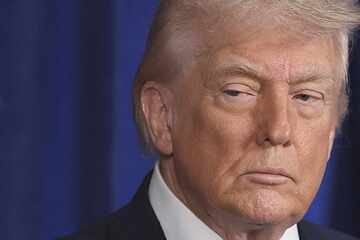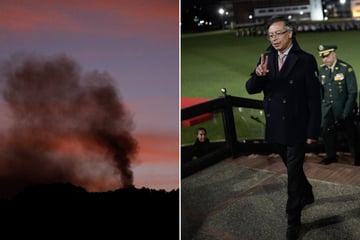Texas Senate passes restrictive voting bill after a 15-hour filibuster
Austin, Texas – On Thursday morning, the Texas Senate passed Senate Bill 1, an election overhaul bill that would add new restrictions to the voting process, after a 15-hour filibuster by state Senator Carol Alvarado.
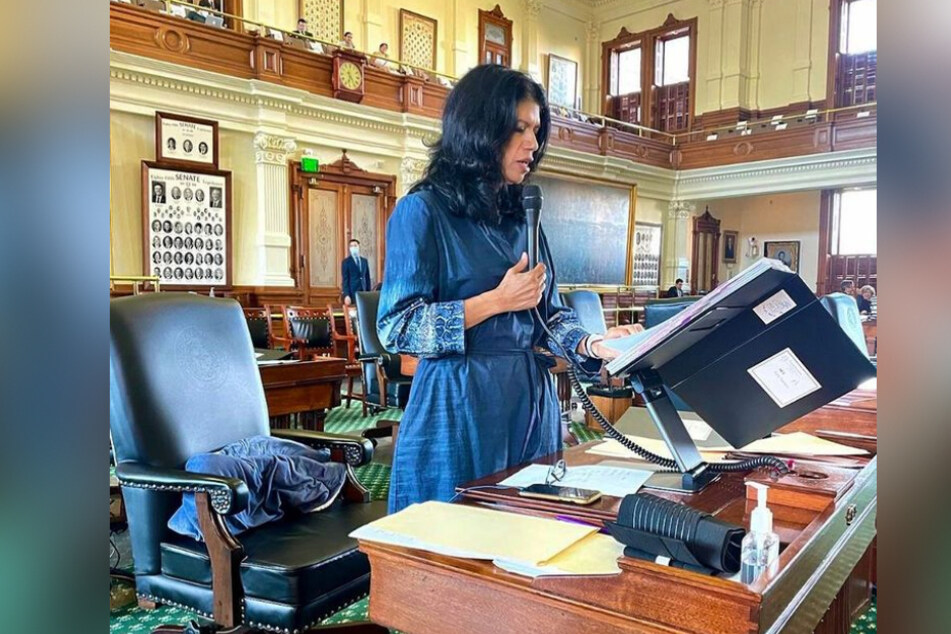
While 52 Texas House Democrats remain in Washington DC to fight against voter suppression laws, the Texas Senate passed Senate Bill 1 with an 18-11 party line vote.
Despite being passed in the senate, the house isn't able to hold a vote on this or any other bill, due to the absence of house Democrats.
SB1 was drafted by Sen. Bryan Hughes, who has been trying to counter Sen. Alvarado's narrative that the bill would restrict access to the polls and negatively impact minorities.
According to the Texas Tribune, Hughes said SB1 "cracks down on those vote harvesters, those paid political operatives who try to coerce voters, who try to mislead voters, who try to get in between the voter and her ballot."
Prior to the vote on Thursday morning, Sen. Carol Alvarado partook in a 15-hour filibuster to delay the vote and shine a light on injustices she saw in SB1.
A 15-hour filibuster with purpose
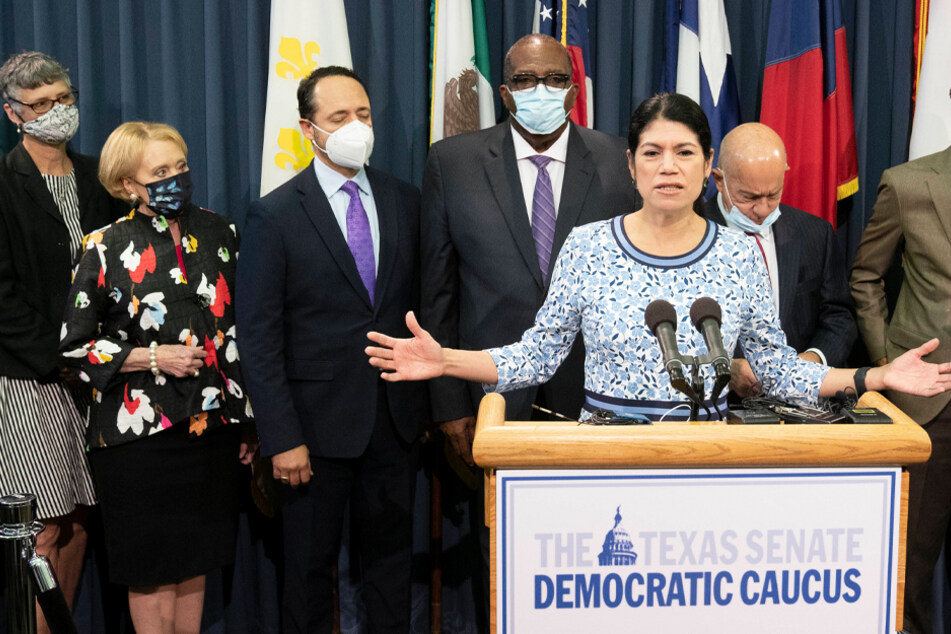
Her filibuster began around 5:30 PM CST on Wednesday, and carried on through the night, ending around 9 AM CST on Thursday.
Unable to lean on the podium, take bathroom breaks, sit, or drink anything, Alvarado stood on her feet, clad in tennis shoes and a back brace, and spoke for 15 hours straight.
During the filibuster, Alvarado asked her colleagues what exactly they wanted democracy in the state of Texas to look like.
"Do we want access to our electoral process to be more difficult for people with disabilities, or do we want to remove barriers for them?"
She continued, "For communities of color, do we want to defend the tremendous progress that we've made in civil rights and equality or chip away at their voting rights one Senate bill at a time?"
While Alvarado knew that her filibuster likely wouldn't stop the vote from happening, she chose to go the distance in an effort to shine a light on the dangers of SB1 and other GOP-backed bills that are currently pending in the Texas legislature.
SB1 includes protections for partisan poll watchers, allowing them "to sit or stand [conveniently] near enough to see and hear the election officers conducting the observed activity".
The newly-passed bill also imposes restrictions on mail-in ballots, bans drive-thru voting, extends voting hours, and requires the implementation of tracking software in voting machines and video surveillance at polling locations in large counties.
The bill also aims to place restrictions on polling staff. Those who help three or more people at the same time at the polls would be required to fill out a form describing their relationship to those they helped, and noting whether they were being pad by a political campaign or committee.
Many Texas Democrats remain in Washington D.C.
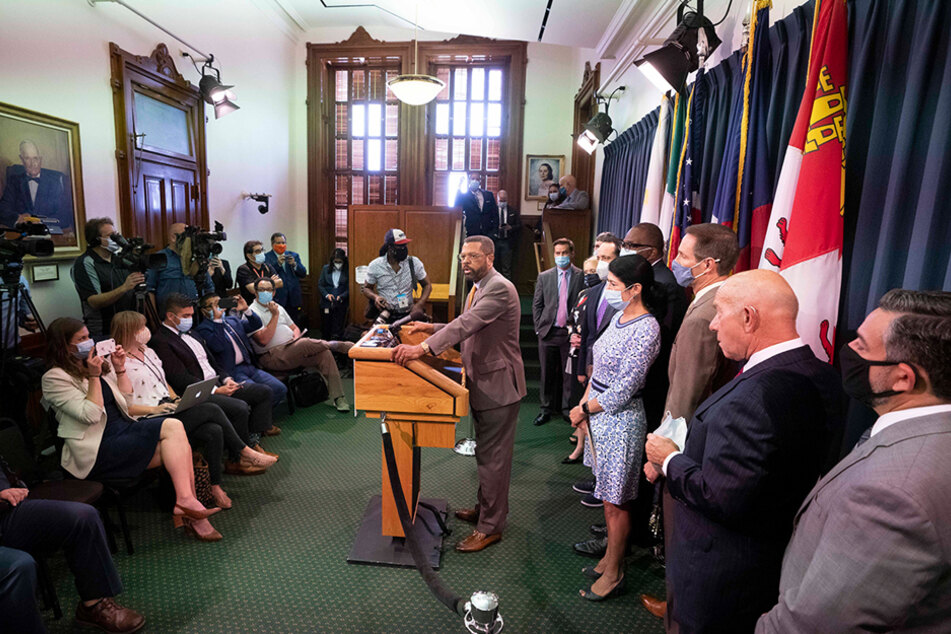
The bill itself was amended several times prior to Alvarado taking the floor for her 15-hour filibuster, thanks to the efforts of voting rights activists.
Rather than making people come to a physical location to amend their ballot if they forgot to sign it, Texans will be able to correct their mistakes online.
Another change was made regarding ID requirements for mail-in votes. Those who choose to vote this way must provide their driver's license number, or the last four digits of their social security number. For these votes to count, the numbers provided must match the numbers the state has on file.
The next stop for SB1 is the Texas House, which still lacks the number of democrats needed to hold a vote since 52 democrats fled to Washington, D.C. in July in order to block the passage of SB1 and other restrictive voting law like Texas' House Bill 3, which heavily mirrors SB1.
Some Dems have returned after being threatened by House Speaker Dade Phelan. On Tuesday, Phelan issued 52 warrants to arrest Texas Democrats who refuse to return to the house floor. Those who are apprehended won't face criminal charges, but rather be brought to the House chamber to get to work.
Texas Governor Greg Abbott called for a second special session last week in order to get SB1 and other voting bills passed. In an August 5 statement, Abbott said, "I will continue to call special session after special session to reform our broken bail system, uphold election integrity, and pass other important items that Texans demand and deserve."
The Texas House will attempt to hold a vote on Thursday evening, though it's likely quorum will not be met.
Cover photo: Screenshot / Instagram / carolfortexas
